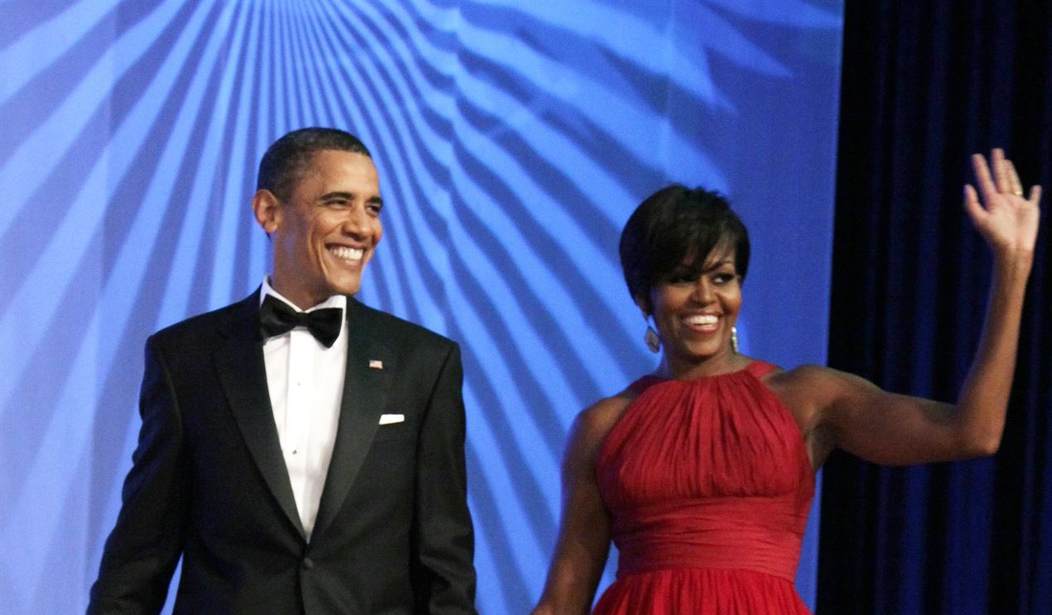President Obama famously told the American public that he had a telephone and a pen and that these would be his tools for implementing change in America during his second term. He should have thought about the centuries old fable about the Three Little Pigs.
Both the telephone and the pen in the hands of a President of the United States are tools of incredible current power. But, the United States does not vest legislative power in the hands of a president; the United States vests legislative power in the hands of Congress. As a result, while well intended, well thought out or neither, presidential decisions made with the telephone and pen are transitory. The lasting power of these decisions belong to the succeeding President of the United States on that president’s first day in office. Legislation, while always subject to future legislative changes, cannot be undone without the participation of Congress.
The issue of lasting legacies is best presented with the Iranian ‘deal’. President Obama and Secretary of State Kerry had the opportunity to attempt to craft legislation or a treaty and garner the participation of the United States’ Congress to create more than a transitory agreement between the United States and Iran. They chose the pen of the President of the United States. It is as easy to understand as the Three Pigs fable: President Obama build his agreement out of straw; if he had had a treaty approved, his agreement would have been made of brick. Once out of office, the Iranian ‘deal’ was exposed literally to the “huff and puff” of the next President of the United States.
President Obama now famously states: “First, the JCPOA was not just an agreement between my Administration and the Iranian government. After years of building an international coalition that could impose crippling sanctions on Iran, we reached the JCPOA together with the United Kingdom, France, Germany, the European Union, Russia, China, and Iran. It is a multilateral arms control deal, unanimously endorsed by a United Nations Security Council Resolution.” Missing from this list is the Congress of the United States. As a lawyer who taught constitutional law, the former president must know that whether his JCPOA was a great idea or pure progressive folly, it had absolutely no status as a lasting rule of law, his straw house.
Recommended
The former president went on to say: “In a dangerous world, America must be able to rely in part on strong, principled diplomacy to secure our country.” He misses the point and that point is the Constitution of the United States. He failed to even present the Iranian agreement to the United States Congress and therefore chose to leave the next President of the United States the ability to move in a different direction. Whether the agreement was a good idea or a bad one for the United States is a matter of conjecture; the fact that it was not binding on President Trump can be understood with clarity. President Trump was elected by the voters to conduct the business of the United States within the Constitution to which he swore an oath and a Constitution gave him an unfettered right to walk away from the Iranian agreement.
Comments by the former President are unfortunate but he entitled to his nuanced view of the world while he fortunately no longer teaches constitutional law.
Actions by the former Secretary of State to negotiate on behalf of, well no one quite knows who John Kerry was negotiating on behalf of during the past few months, remain illegal under the centuries old Logan Act. The Logan Act may be 200 years old, but John Kerry should be prosecuted. Perhaps no one in the intervening 200 years since the Logan Act was voted into law has been brazen enough to so openly try to thwart U.S. policy. For a former member of a previous administration and loser in a presidential race, there is no excuse for his actions.
There is a lesson here for the current and future presidents. Executive orders should exclusively be for administration purposes. When Executive orders attempt to create law or treaty, they are no more than the straw house of the first pig. American democracy deserves the brick house of the third pig: legislation approved by Congress. This is our system.
























Join the conversation as a VIP Member